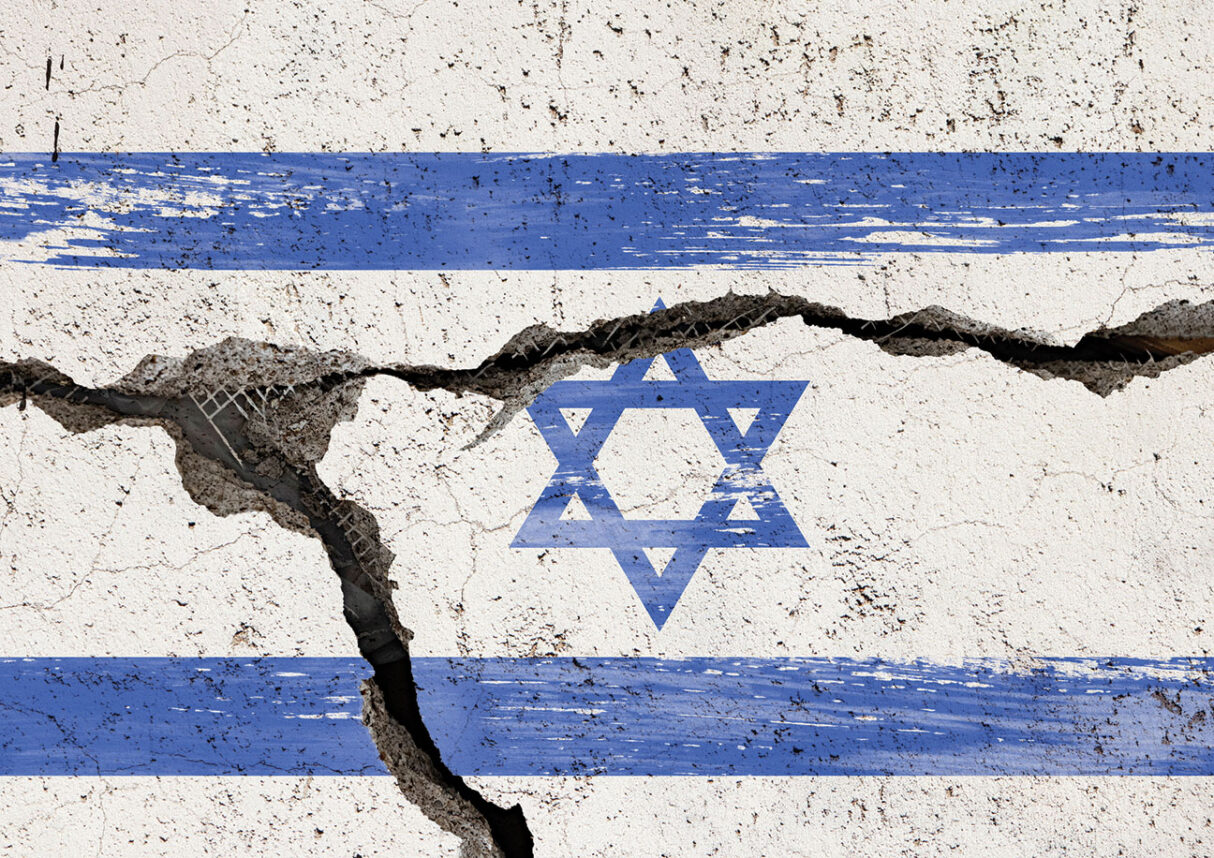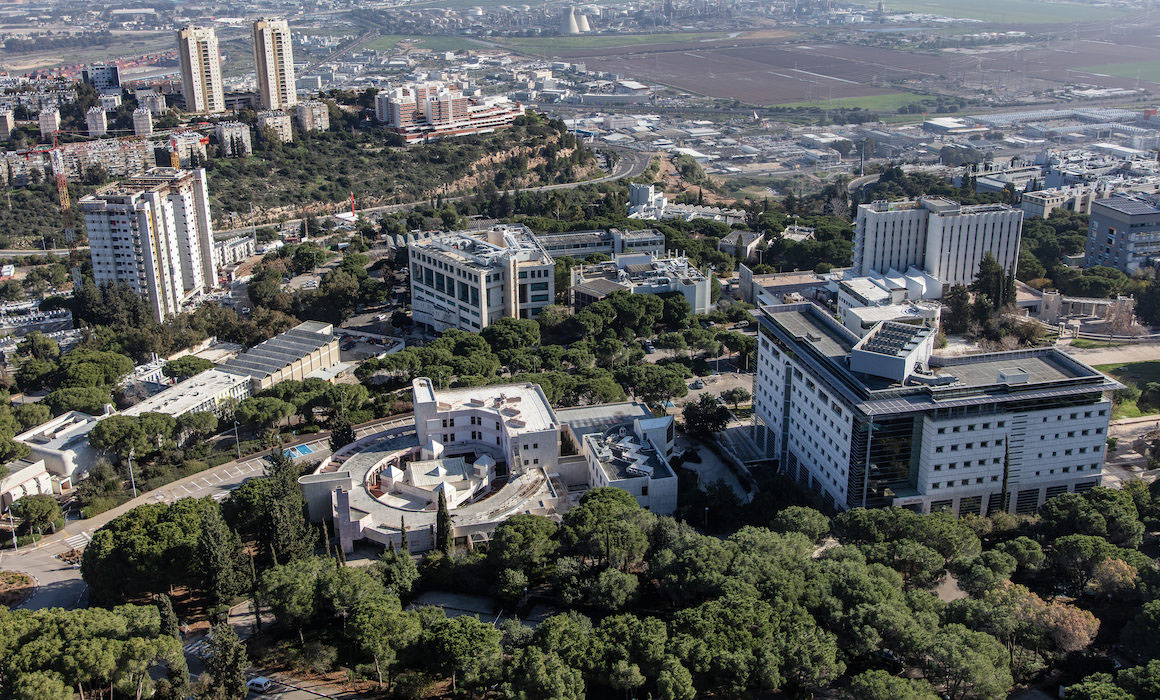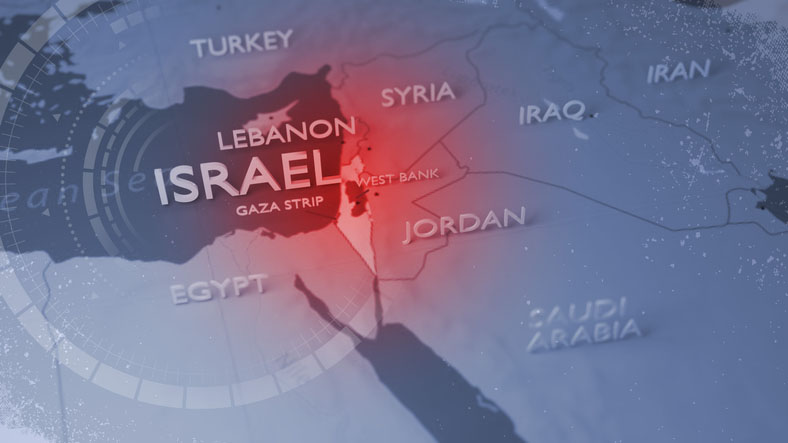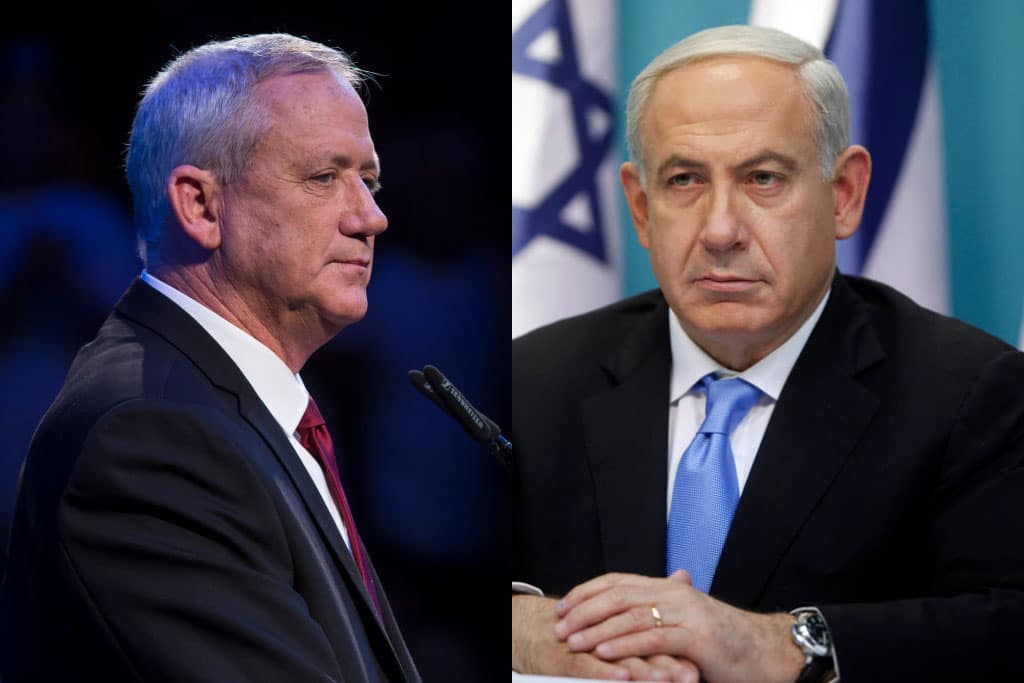 Alexi J. Rosenfeld / Getty Images
Alexi J. Rosenfeld / Getty Images They are calling it “Israel’s 9/11.” But in fact, the first-day death toll after the ghastly terrorist attacks was actually the equivalent of eight September 11-level catastrophes for the Jewish state. About 3000 Americans died as a result of the Al-Qaeda strikes on the World Trade Center and Pentagon. By gruesome contrast, the percentage of the Israeli population represented by the 600 deaths in the first 24 hours of this weekend’s carnage would have been the equivalent of more than 24,000 American fatalities. And that was just the first day.
No one should pretend that the deep divisions that have roiled Israeli politics and society over the last several months have disappeared. But in the hours after Hamas’ attacks, it became clear that those arguments will be set aside until the war with Hamas had concluded. Which means that the luxury of arguing about how judges are appointed is one that the Israeli people and their leaders will seem much less important for the time being.
Within hours of the invasion’s launch, opposition leaders Yair Lapid and Benny Gantz had committed to forming a national unity government reminiscent of one that had led Israel through the 1967 Six-Day War. They were joined by the leaders of every other Zionist party in the Knesset, including some of Benjamin Netanyahu’s strongest critics. While there will certainly be angry recriminations and acrimonious investigations into the security and intelligence failures that led to this tragedy, the immediate necessities of war will come first.
I have previously written in these pages that the path toward resolving Israel’s domestic political disputes could run through Saudi Arabia, specifically as a result of a diplomatic agreement between the two countries that could reconfigure Israel’s governing coalition. It now seems that path may run through Gaza instead.
American political strategists refer to this as the “Mars Attacks” dynamic. When Earth is invaded by outer-space aliens, the countries of the world unite to fight the external menace. In this country, presidents of both parties have benefited from the rally-round-the-flag effect of popular accord in times of international conflict. But such advantages are temporary – the old maxim “a war is never as popular again as on its first day” has consistently held throughout U.S. history and will likely be the case in Israel as time passes, the conflict endures and the death toll mounts. The country rallied around Golda Meir through the Yom Kippur War, but she resigned under pressure less than six months after the war’s conclusion.
Netanyahu is an exceedingly adroit politician who has managed to survive seemingly inescapable political peril in the past, but his challenges before this war were much greater than Meir’s in her time. A wartime alliance might be fleeting, but it also gives him the opportunity to shift from a government so highly depending on its ultra-conservative members to a coalition better positioned to help him achieve his economic, international and security goals. Judicial overhaul has been a convenient issue that allowed Netanyahu to fashion a hard-right majority, but the new post-Simchat Torah reality in Israel means that his own legal perils will be overshadowed by the demands of winning a war and then fashioning a more sustainable peace.
The potential diplomatic agreement with Saudi Arabia on which Netanyahu had pinned his hopes of political resurrection is dead for the foreseeable future. The concessions for increased Palestinian autonomy that would have been required are political non-starters in Israel now. And the almost-certain backlash against Israeli “brutality” that will emerge as the war continues means that the ability of Saudi leadership to sell such a deal to their people has disappeared as well. This was the most important objective for the attack, and while the people of Gaza will be devastated by the battles ahead, Hamas and their Iranian allies have already achieved their true goal.
The Camp David peace accords were signed less than five years after the Yom Kippur War. Let’s keep our eyes on long-term goals and not sacrifice our hope during the storm ahead.
At least in the short run. The Camp David peace accords were signed less than five years after the Yom Kippur War. Let’s keep our eyes on long-term goals and not sacrifice our hope during the storm ahead.
Dan Schnur is the U.S. Politics Editor for the Jewish Journal. He teaches courses in politics, communications, and leadership at UC Berkeley, USC and Pepperdine. He hosts the monthly webinar “The Dan Schnur Political Report” for the Los Angeles World Affairs Council & Town Hall. Follow Dan’s work at www.danschnurpolitics.com























 More news and opinions than at a Shabbat dinner, right in your inbox.
More news and opinions than at a Shabbat dinner, right in your inbox.